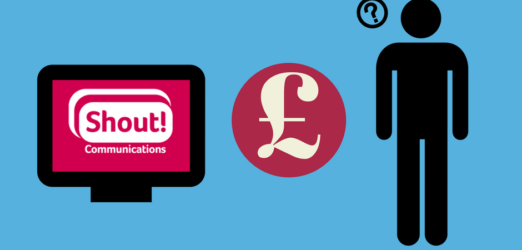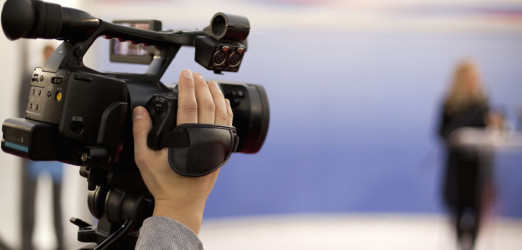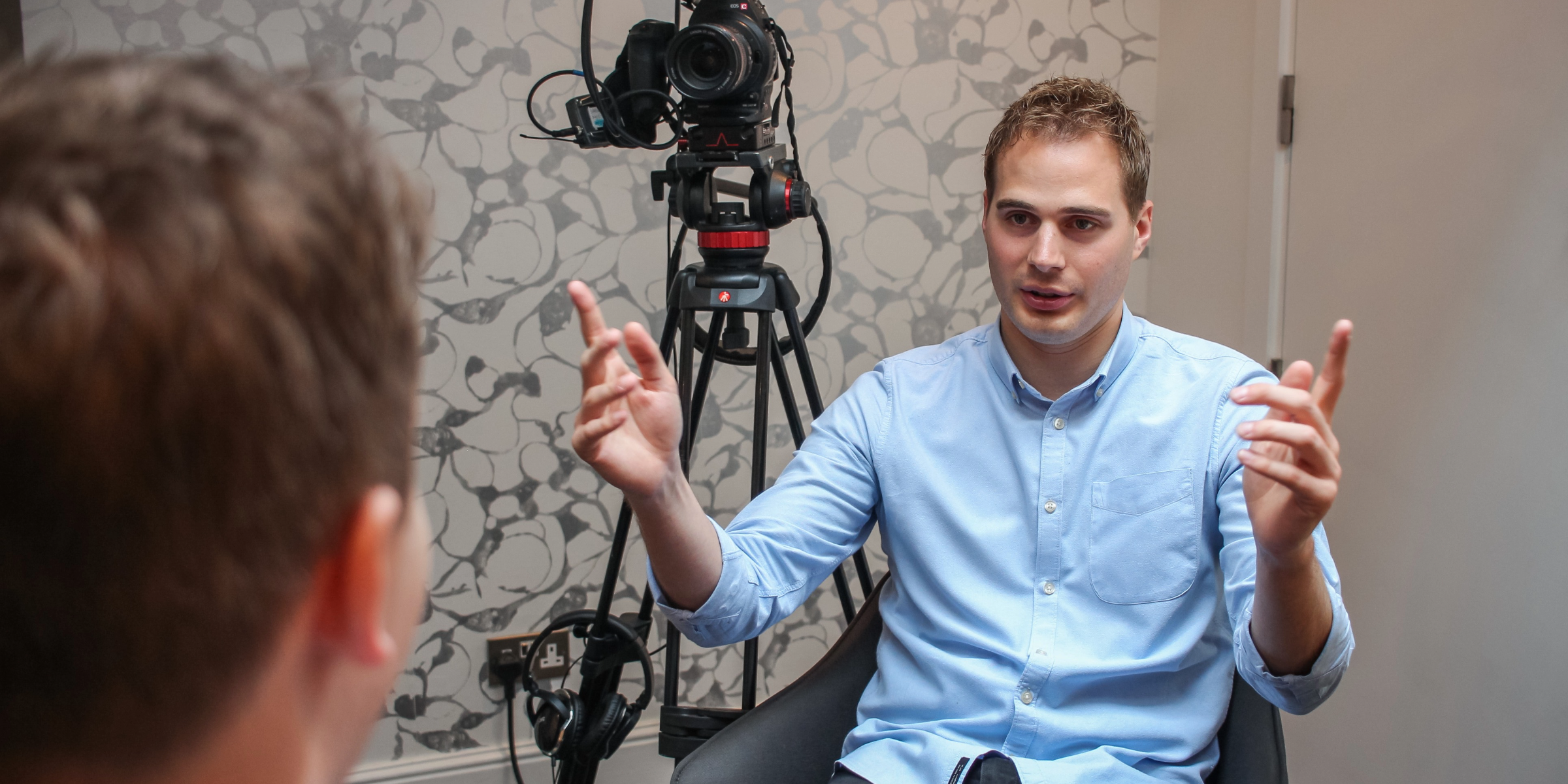Is broadcast PR expensive? It sounds like it should be, given how influential and wide-reaching television and radio can be. Let’s face it, broadcast generally sets the news agenda for the day, starting with Radio 4’s Today programme headlines at 0600. Whatever stories are featured then will follow on TV and radio bulletins later in the day, alongside online websites and – the next day – newspapers. Sounds like broadcast PR must be worth its weight in gold…
Radio is the more straight forward media when it comes to this. A standard radio day (or radio studio tour) costs £3, 300 with us, for which we’ll guarantee a minimum of 10-12 opportunities, 1-2 of which are likely to be nationals. At the start of a campaign we’ll ask you what you most want: for some clients it’s all about the numbers, so they want the greatest reach possible on the biggest of stations; other clients are more concerned with branding, so effective communication of key messages on a smaller station may be worth more to them than a short sound-bite that’s broadcast nationally. Unless you’ve specifically told us otherwise we will go for the biggest, generally urban based, stations. A busy news agenda may result us moving down the list but even on the biggest news days we can still do what we promised.
Television is trickier, so tricky in fact that we say it isn’t happening until we see the spokesperson on the small screen going out on air. PR campaigns are generally only ever featured on TV news and daytime programming, which means the opportunities are limited. Operating round the clock, Sky News and BBC News Channel arguably have the greatest appetite for PR generated stories but other news programmes, on the BBC and ITV particularly, are limited by time, so PR stories compete with organic news of the day.
Would it surprise you then if I told you this icing-on-a-PR-cake can start from as little as £1000?
What makes a story – and, critically, how it is sourced – is changing. “There’s a whole conversation going on that perhaps a conventional organisation like the BBC isn’t tapped into”, remarked Paul Royall. “We are talking lots of steps to address that and keep up with that.” Adapting and approaching news in a different way is part of this strategy; for example, education stories now are less about interviewing government ministers and more about reflecting the attitudes of parents, teachers, students and children.
One of the biggest problems, according to Royall, is that there is too much news, particularly in the last 12 months when there has been an unprecedented news agenda. To cut through the competition the most successful stories have to be distinctive and focus on the human element. Viewing figures for his programmes, BBC News at 6pm and 10pm are an impressive total of 22 million people, a legacy of traditional viewing habits. For Royall, it was the Scottish referendum that was pivotal to the way these flagship bulletins have changed the way they cover stories, particularly when it they’re reflecting social change.
When it comes to enhancing your chances of broadcast coverage, then video is the best investment you could possibly make. TV stories that come with B-roll stand a much greater chance of getting on air, than those without pictures. B-roll is 6-8 minutes of roughly edited video footage that illustrates a story; it’s given to broadcasters free of charge and copyright issues in the hope it will encourage them to run a story (read more about B-roll in our blog here). Online journalists have an appetite for B-roll too, particularly the newspaper websites, others prefer a video package already cut. The good news is that you can use the same video material for both. Cost wise we charge in time – £1, 000 for half a day, £1, 500 for a full day. It depends what the story is of course, but most of our B-roll is filmed in half a day, then allow half a day to edit, and a further half day to turn the same material into a video package.
So is broadcast PR expensive? Considering how many millions of people you can reach and the impact such appearances can have, no, it’s not. It’s a positive bargain.





